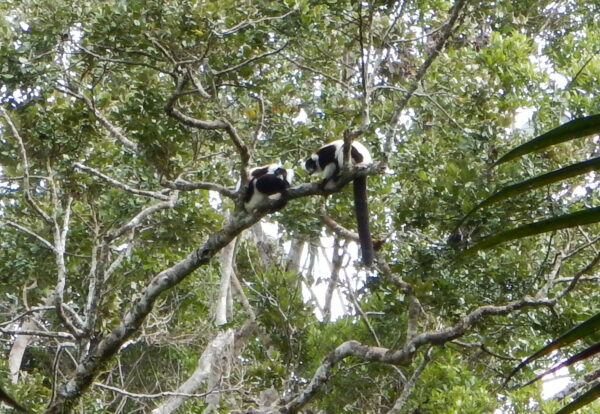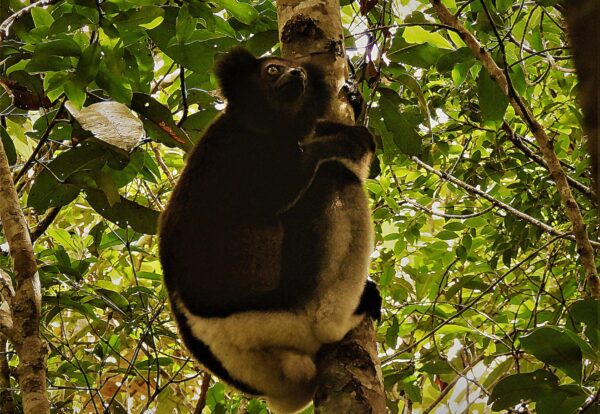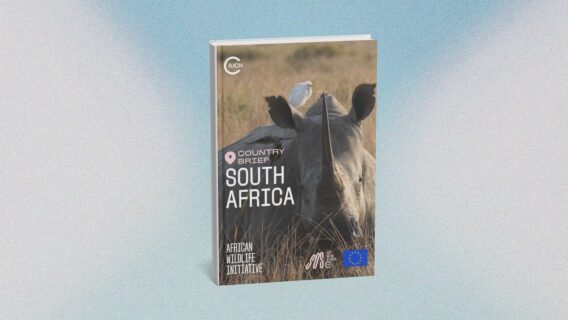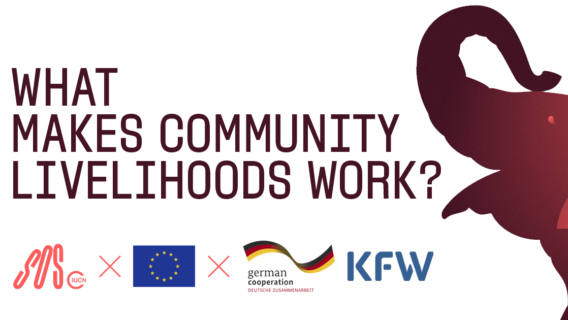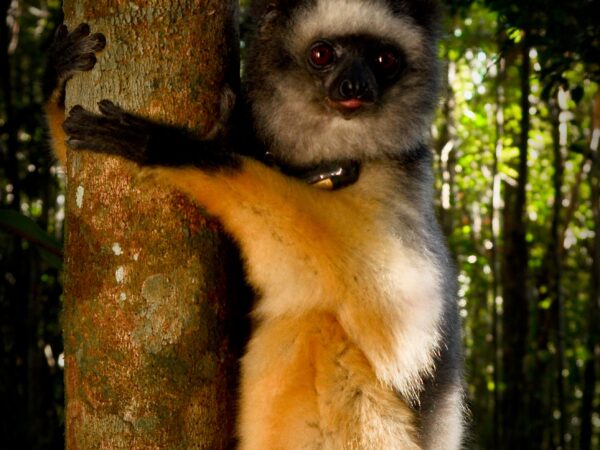
Betampona Reserve: empowering communities to reduce wild meat and wood harvest through sustainable livelihoods
Project description
This holistic project works in close collaboration with local communities and partners to reduce the primary direct threats to three Critically Endangered lemur species in the Betampona Nature Reserve. Recognized as a Key Biodiversity Area, Betampona Reserve is renowned for its high level of species diversity and endemicity.
The reserve is home to 11 primate species, including the project’s three focal species —the indri, black-and-white ruffed lemur, and diademed sifaka— all listed as Critically Endangered on the IUCN Red List of Threatened Species™.
This very small protected area (just 2,228 hectares) nonetheless contains the only intact rainforest in the area, surrounded by a heavily degraded landscape shaped by traditional slash-and-burn agriculture. Despite having IUCN’s highest protection status, the reserve is still subject to ongoing pressures of habitat destruction and poaching and this project seeks to mitigate the direct threats to these lemur species.
This project is implemented by the Madagascar Fauna and Flora Group.
Threats

Habitat loss & degradation

Over-exploitation of natural resources & prey depletion

Poaching
Project objectives
The main objectives of the project are to:
- Reduce the demand for wild meat consumption by promoting more secure and accessible alternative meat sources through improved chicken husbandry and a Newcastle disease vaccination program. A behaviour change campaign will also aim to foster greater appreciation and protection of lemurs.
- Mitigate the impacts of wild wood harvesting through a school-based tree-planting initiative that encourages children to plant trees in their home environment, alongside the distribution of fuel-efficient stoves to reduce reliance on fuel wood. Additionally, the project will address habitat degradation by promoting and delivering training in more sustainable alternative livelihoods to replace traditional slash-and-burn agriculture.
Project activities
- Train 400 people living around Betampona in improved chicken farming as an alternative meat source, including vaccination against Newcastle’s disease.
- Distribute 2,100 fuel-efficient stoves in communities around Betampona, reducing firewood consumption by up to 50%.
- Establish tree nurseries at the three MFG “Saturday Schools” near Betampona and launch a sustainable firewood tree-planting program, aiming for each student to plant 10 trees, for a total of 3,000 trees across 300 students.
- Promote and train 400 local residents in sustainable livelihood alternatives, with 50 individuals receiving intensive business management training.
- Actively promote lemur-friendly practices through a behaviour-change campaign using radio broadcasts, newsletter articles, social media posts, posters, and World Lemur Day celebrations.

